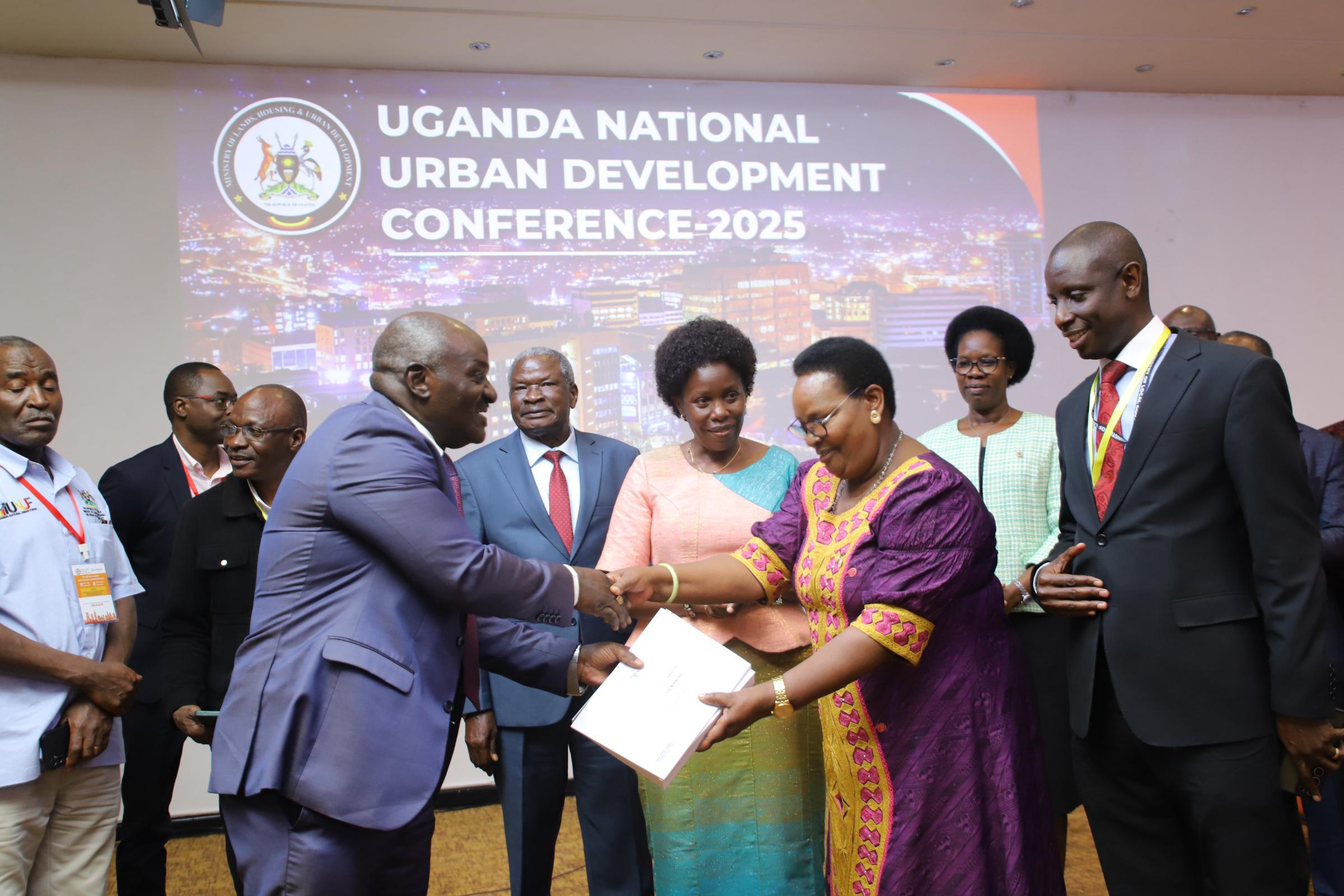
Minister for Lands, Housing, and Urban Development, Judith Nabakooba, has called for immediate measures to ensure the sustainability of urban infrastructure investments under the Uganda Support to Municipal Infrastructure Development (USMID) program.
Speaking at the National Urban Development Conference at Speke Resort Munyonyo, Nabakooba highlighted the country’s rapid urbanization, with a current urbanization rate of 27% and an annual economic growth of 5.2%.
While acknowledging the significant strides made through USMID, the Minister expressed concern over the increasing cases of vandalism and the lack of effective operation and maintenance mechanisms.
She emphasized the need for strategic resource mobilization to support urban councils in maintaining infrastructure beyond the allocations from the Road Fund.
“Urban infrastructure management is costly, so there is an urgent need for a deliberate and strategic mobilization of resources to support urban councils in maintaining infrastructure beyond the allocations from the Road Fund,” Nabakooba stated.
Nabakooba highlighted the importance of City Development Plans (CDPs) in fostering orderly urban growth and strategic capital investments.
“Our cities are now thinking big. They are envisioning long-term development and modernization,” Nabakooba said.
In a speech delivered by Gen Edward Katumba Wamala, the Minister of Works and Transport, President Yoweri Museveni acknowledged the role of newly tarmacked roads in reducing the cost of doing business, making Uganda a more attractive investment destination.
He emphasized the government’s commitment to reducing the cost of transport, electricity, and interest rates to create a conducive environment for the private sector to thrive.
The two-day inaugural National Urban Development Conference, themed “Accelerating Urban Development through Infrastructure: The USMID Experience,” brought together mayors, chairpersons of refugee-hosting districts, Members of Parliament, development partners, and representatives from Ministries, Departments, and Agencies (MDAs) to discuss strategies for sustainable urban development.